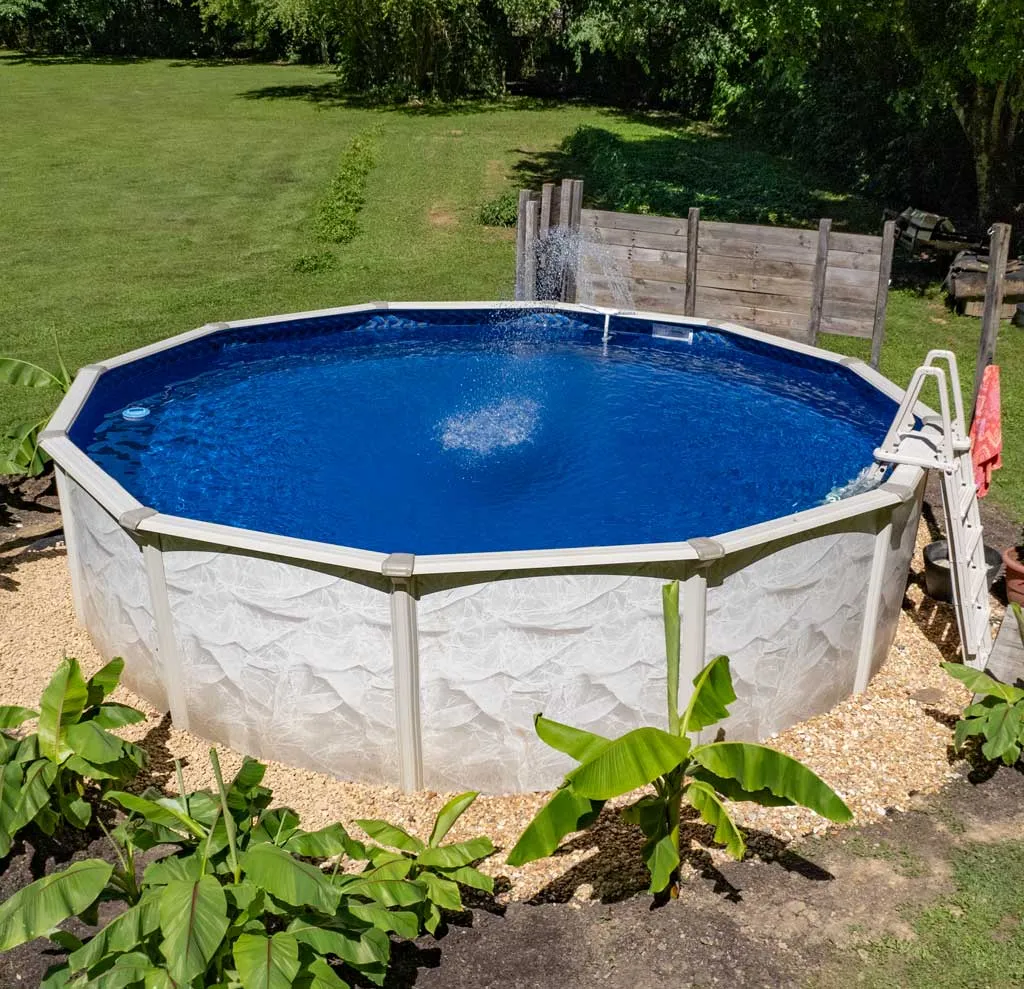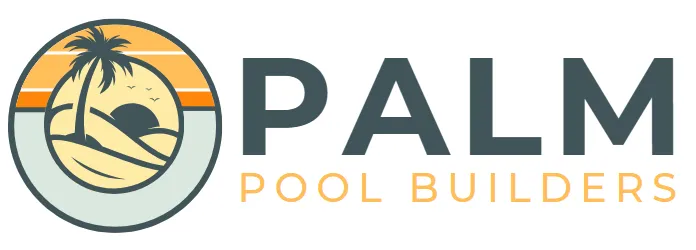What to Put Underneath an Above Ground Pool: Complete Guide

Are you excited about setting up your new above-ground pool but wondering about the foundation?
Knowing what to put underneath an above ground pool is crucial for its stability and longevity. We're here to guide you through choosing the perfect base material for your pool.
Think of your pool base like the foundation of a house - it needs to be solid, level, and properly prepared. Let's explore the best materials and methods to create the perfect foundation for your summer oasis.
Understanding Base Requirements
According to the Association of Pool & Spa Professionals, proper base materials must provide:
Level surface
Cushioning
Drainage
Protection from sharp objects
Stability
Best Base Material Options
1. Commercial Padding
Benefits of commercial pool pads:
Pre-made for pools
Consistent thickness
Easy installation
Excellent protection
Professional quality
UV-resistant
Warranty protection
Chemical resistant
Types available:
Geotextile fabric
Armor shield padding
Gorilla padding
Blue armor padding
Rhino padding
2. Sand
What to know about sand bases:
Inexpensive option
Natural drainage
Easy to level
Readily available
2-inch minimum depth
Multiple grades available
Good compression properties
Traditional choice
Best sand types:
Mason sand
Pool sand
Concrete sand
Silica sand
River sand
3. Solid Foam
Advantages of foam bases:
Excellent insulation
Shock absorption
Moisture resistant
Easy to cut
Durable protection
Temperature stable
Prevents ground freezing
Chemical resistant
Available forms:
Closed-cell foam
Expanded polystyrene
Extruded polystyrene
Custom-cut panels
Interlocking tiles
Installation Process Deep Dive
1. Site Assessment
Before installation begins:
Measure area dimensions
Check ground slope
Test soil composition
Identify drainage patterns
Mark utility locations
Note sun exposure
Check local regulations
Document existing conditions
2. Ground Preparation
Proper preparation steps:
Remove Vegetation
Clear all grass
Remove root systems
Apply herbicide if needed
Wait for soil settling
Level the Ground
Use transit level
Create slope guide
Remove high spots
Fill low areas
Check multiple points
Document measurements
Soil Preparation
Remove debris
Till if necessary
Add fill if needed
Compact thoroughly
Test stability
Check moisture content
Final Checks
Verify measurements
Double-check level
Test drainage
Document conditions
Take photos
Mark reference points
Material Comparison
Cost Analysis
Compare options (per 100 square feet):
Commercial pad: $100-200
Sand: $30-50
Solid foam: $150-300
Crushed stone: $40-60
Durability Ratings
Expected lifespan:
Commercial pad: 7-10 years
Sand: 3-5 years
Solid foam: 5-8 years
Crushed stone: 10+ years
Important Considerations
When deciding what do you put underneath an above ground pool, consider:
Local climate
Soil type
Budget
Pool size
Installation timeline
Local regulations
Common Mistakes to Avoid
Don't make these errors:
Insufficient ground preparation
Using wrong material thickness
Skipping proper leveling
Inadequate drainage planning
Mixing incompatible materials
Advanced Installation Tips
Working with Slopes
Key considerations for sloped terrain:
Slope Assessment
Measure slope angle
Calculate elevation change
Determine drainage patterns
Plan retaining walls
Consider erosion control
Support Systems
Plan buttress placement
Design reinforcement
Select materials carefully
Include drainage systems
Monitor stability
Special Materials
Use reinforced bases
Add stabilization layers
Include erosion barriers
Plan water management
Consider soil retention
Dealing with Problem Soils
Solutions for challenging ground:
Clay Soil
Add drainage layers
Use soil amendments
Include sand layers
Plan water management
Monitor moisture levels
Sandy Soil
Add stabilization
Use geotextile fabric
Include compaction
Plan edge retention
Monitor settling
Rocky Ground
Remove large rocks
Add cushioning layers
Use protective barriers
Plan drainage carefully
Monitor pressure points
Maintenance Tips
Keep your base in good condition:
Check levelness annually
Address settling promptly
Maintain proper drainage
Replace damaged materials
Monitor for erosion
Climate Considerations
Adapt to your environment:
Hot Climates
Use heat-resistant materials
Ensure proper ventilation
Consider moisture barriers
Monitor for drying/cracking
Cold Climates
Choose freeze-resistant materials
Plan for winter protection
Consider insulation needs
Monitor for frost heave
Professional vs. DIY
Consider these factors:
Project size
Available time
Equipment needs
Skill level
Budget constraints
Local requirements
Required Tools
Gather these items:
Shovel
Level
Rake
Tamper
Measuring tape
String line
Stakes
Safety gear
Safety Considerations
Important precautions:
Check utilities before digging
Wear proper safety gear
Use appropriate tools
Follow local codes
Document installation
Consider drainage impact
Conclusion
Choosing what to put underneath an above ground pool is a crucial decision that affects your pool's stability and longevity. By following these guidelines and selecting the right materials, you'll create a solid foundation for years of summer fun.
Want more pool installation tips? Check out our other helpful guides for maintaining your backyard oasis!

© 2025 | All Rights Reserved | Privacy Policy
